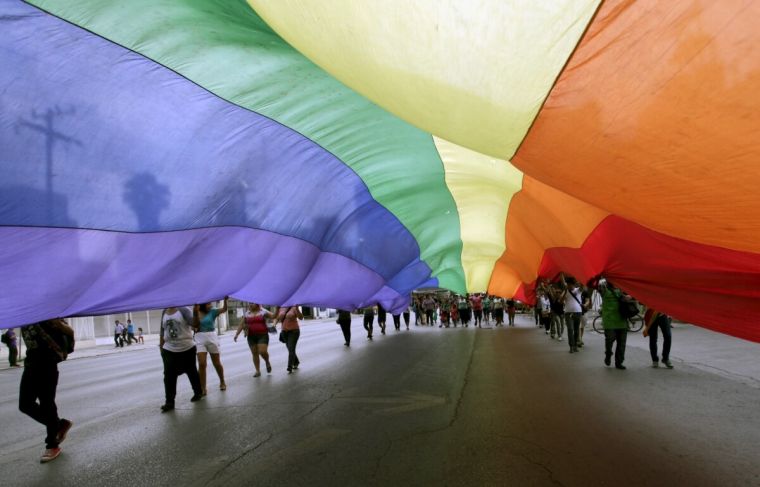Latest psychology research challenges 'born gay' theory

The lesbian, gay, bisexual and transgender (LGBT) community has long argued that homosexuality is natural among human beings and cannot be changed or treated. However, a top researcher, who is a member of their community, recently acknowledged that homosexuals are not "born that way" and can still be changed.
Dr. Lisa Diamond, co-editor-in-chief of the American Psychological Association (APA)'s Handbook of Sexuality and Psychology, said sexual orientation — including attraction, behavior, and self-identity – is not unchangeable based from the results of her study of past research works.
Diamond, a lesbian who is considered one of the world's most respected experts in the field of psychology, also stated that sexual orientation is "fluid" for both adolescents and adults, and for both genders as well.
In a report on Life Site News, clinical psychologist Dr. Laura Haynes said Diamond's research clearly indicates that gays are wrong in their belief that their homosexuality is natural and cannot be corrected.
"The battle to disprove 'Born that way and can't change' is now over, and (Diamond) is telling LGBT activists to stop promoting the myth," Haynes said.
For his part, Fr. Johannes Jacobse, founder of The American Orthodox Institute, said Diamond's findings on sexual orientation bolster the biblical teaching that God created only men and women.
"The idea that what a person feels defines who he is — who God created him to be — is false," Fr. Jacobse said. "If a person feels homosexual desire, it does not mean he is created homosexual."
The priest said the research also debunks the belief that homosexual desire is "hard-wired" — an argument often used by the LGBT community against attempts to treat homosexuality.
He added that these findings open up the possibility of still finding treatment for homosexuality.
"If a person decides to engage in homosexual behavior, that decision is freely chosen, even if the desire is not," Jacobse said. "If a person experiences homosexual desire and wishes to change into more normative heterosexuality, abundant evidence exists that such a change may indeed be possible."











